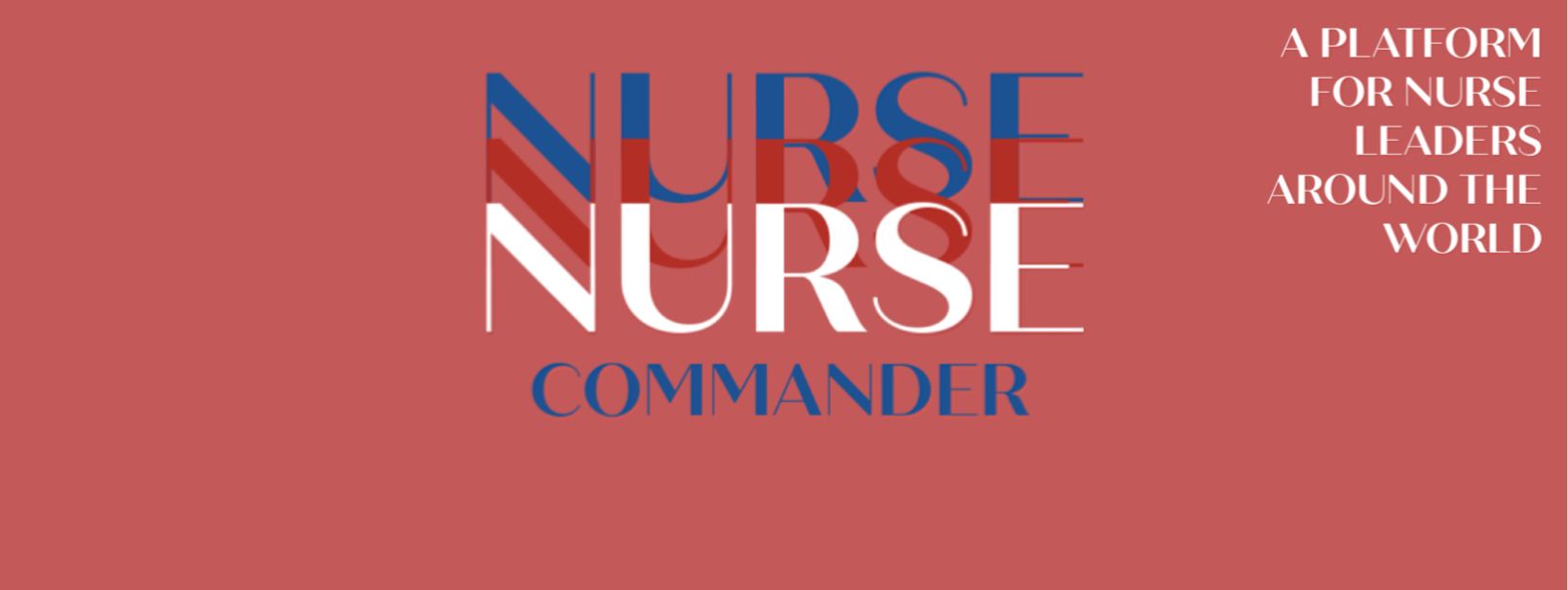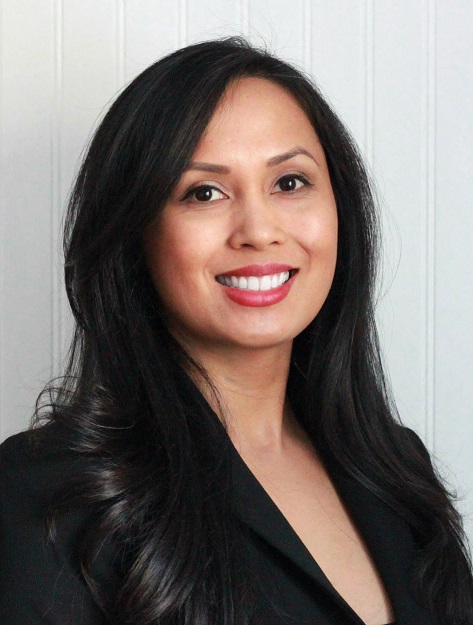Faye Christen, MSN, CCRN-K is the Primary Care Nursing Director at LAC+USC Medical Center in the heart of Los Angeles. After about decade in the acute care setting starting as a Critical Care Nurse at Cedar Sinai, she has since developed her career in administration with experience in the whole gamut of healthcare. Christen is also advancing in academia as she is pursuing her DNP at Yale University with a focus on joy in work.
Christen believes that with all the chaos and panic in many of their communities, nurses are seen as experts and looked to for answers. Staying updated with the latest information and best practices in an incessantly changing environment is crucial to help educate and reinforce big ticket items such as social distancing and infection control measures. Christen’s job does not stop at work, and she believes it should not stop for anyone during this challenging era. She continues to teach family and community members who are not in the healthcare profession the important national infection control initiatives as well in order to care for our most vulnerable family members, like her grandmother. The pandemic has tremendously elevated her advocacy for the patients she serves, her team, and her family.
Christen states: “healthcare roles were elevated and pushed front and center during this health crisis. This was also true for me as a nurse leader in my work environment, in my community, and even within my own home. The decisions I had to make (and continue to make) during the pandemic transformed from Primary-Care-centric to a more macro-system approach. Most decisions such as building entry screening, employee health, and resource utilization required stakeholders from not only other departments within our Med Center, but also across our system enterprise.”
At the time the WHO declared COVID-19 a pandemic, Christen was concerned about not having enough toilet paper supply! The pandemic has changed lives not only with product shortages, but it modified our delivery of care. Fear, anxiety, and stress were common descriptive words expressed by frontline staff. From her personal and professional pursuit of joy in work, Christen understands that we cannot win this war with an overwhelmed workforce. Therefore, employee relations and wellness has been at the forefront of her strategic planning. They have established periodic virtual meetings with their leadership team combined with virtual townhalls for their frontline staff. Moreover, they continue to round in the clinics to offer support in addition to reinforcing social distancing and infection control to promote safety. They have held wellness sessions led by experts in the field, second victim violence meetings, and wellness activities led by champions from each clinic. Their leadership team has worked diligently to try to be the shock absorbers for their staff by frequently communicating and devoting attention to what matters most to them.
Striving for team wellness is an ongoing effort. Simultaneously, they are actively working on how to continue delivering Primary Care effectively to the 40,000+ lives empaneled to their organization. They have adapted by converting face-to-face visits into phone visits to manage chronic conditions, promote primary prevention, along with addressing new issues including those related to COVID-19. Their biggest concern is similar to that of the rest of the country, how do they address the rising social determinant of health (SDOH) concerns resulting from this pandemic? Mental issues are climbing, millions are losing their job, while food insecurity has been magnified to arguably be a bigger problem than COVID-19 itself. Christen’s initial response included continuing their weekly food pantries that have fed about 800 families per week and patient outreach to assess and tackle mental health problems and gaps in social support. Christen and her team find it paramount to continue to push the envelope and find ways to adjust to this new norm in order to meet their patient’s needs.

